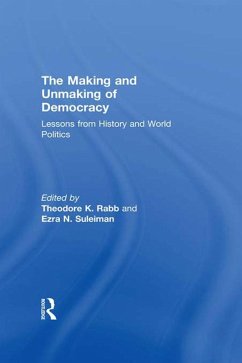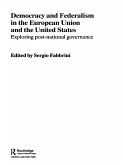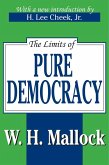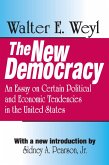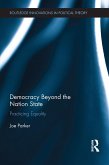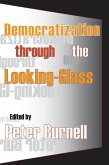For every citizen of the world, there is no more urgent issue than the spread of democracy. Democracy is what the WTO-protestors are calling for; it's the main concern of human rights advocates; and it's only long-term way to end terrorism. But how does democracy spread? What can be done to encourage and support. This remarkable new collection brings together some of the best minds in variety of fields to discuss the conditions that promote and sustain, or undermine and extinguish democratic institutions and ideas. Spanning political thought from ancient Athens to contemporary sub-Saharan Africa, the contributors develop an outline of how democracy develops. Several key factors emerge: Democratic transitions are always heavily shaped by the ideas and practices of past regimes (like tribal traditions in Africa), international political and economic pressure to liberalize (as in Asia) and current economic conditions. The quality of democracy is almost always improved by the elimination of religion as the center of the state, by the move from democracy as protection of the individual from the state to democracy as enhancer of rights, and by the progression from a focus on the individual to a focus on the community. Expansive in its coverage and fundamental in its significance, The Making and Unmaking of Democracy is a volume to learn from, argue against, and expand upon.
Dieser Download kann aus rechtlichen Gründen nur mit Rechnungsadresse in A, B, BG, CY, CZ, D, DK, EW, E, FIN, F, GR, HR, H, IRL, I, LT, L, LR, M, NL, PL, P, R, S, SLO, SK ausgeliefert werden.

